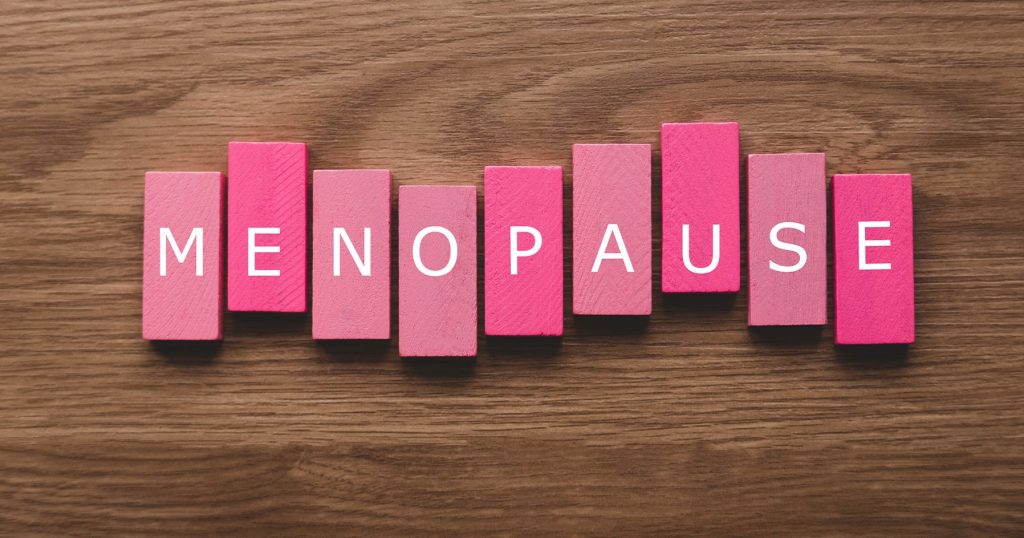
The 5 Most Common Symptoms Of Menopause At 50.
As women approach their 50s, they may start to experience some of the most common symptoms of menopause. Knowing what to expect can help you manage your health and feel better during this time. This post will discuss the five most common symptoms of menopause at 50.
Menopause is a natural part of aging for women and marks the end of the female reproductive years. Menopause occurs when you have gone 12 consecutive months without a menstrual period. As menopause approaches, your ovaries begin to produce less estrogen and progesterone, two female hormones that regulate the menstrual cycle.
This drop in hormone levels can cause a variety of symptoms like:
1. Hot Flashes
One of the most common symptoms of menopause at 50 is hot flashes. A hot flash is a sudden, intense feeling of warmth that spreads over your body. You may also experience redness in your face, neck, and chest. Hot flashes can last anywhere from a few seconds to several minutes. Some women also experience night sweats, which are hot flashes that occur at night.

A hot flash is the sudden feeling of warmth in the upper body.
2. Mood Swings
Another common symptom of menopause is mood swings. You may feel happy one minute and then sad or angry the next. Mood swings can be caused by changes in hormone levels during menopause. They can also be triggered by stress, lack of sleep, or other factors.
3. Vaginal Dryness
Vaginal dryness is another common symptom of menopause. This occurs when the tissues in the vagina become thin and dry. This can make sex painful and can also lead to other problems such as urinary tract infections.
4. Weight Gain
Weight gain is a common symptom of menopause, especially if you are not eating a healthy diet or exercising regularly. Weight gain can also be caused by changes in hormone levels or by other factors such as stress or medications.
5. Sleep Problems
Menopause can interfere with sleep due to hot flashes, night sweats, and anxiety. This can lead to fatigue and difficulty concentrating during the day. Second, anxiety and depression are common during menopause, and these mood disorders can also interfere with sleep.

Many women experience sleep problems during menopause.
What Are The Treatments?
There are a range of treatments available for menopausal symptoms, the most common of which is hormone replacement therapy (HRT). This involves taking synthetic estrogen and progesterone to replace the hormones that are no longer being produced by the body.
However, HRT is not suitable for everyone, and can carry some risks, so it’s important to speak to your doctor about whether it’s right for you.
Other treatments that may be recommended for menopausal symptoms include lifestyle changes, such as reducing stress levels and getting more exercise; medications such as antidepressants or blood pressure medications; and complementary therapies such as acupuncture or yoga. Speak to your doctor if you’re interested in trying any of these treatments.
Consult Your Doctor
Although these are the five most common symptoms of menopause at 50, every woman experiences menopause differently. If you are experiencing any of these symptoms, it is important to see your doctor and discuss treatment options.

Talk to your doctor about the benefits and risks of hormone therapy.
There is no one-size-fits-all answer when it comes to managing menopause, but there are many treatments available that can help make this transition easier for you.
Have you experienced any of these symptoms? Let us know in the comments below.
Dr James S Pendergraft | Orlando Women’s Center | Abortion Pill Clinic | Articles On Abortion


Leave a Reply